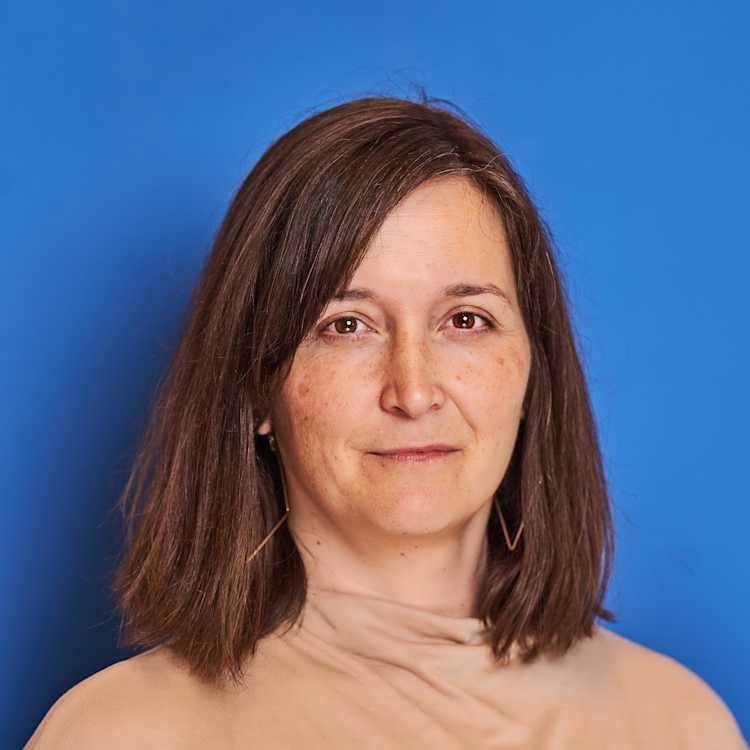- Startseite
- Forschung & Transfer
- Forschungsprojekte
- Migration and Im/Mobility in the Global South during a Pandemic (DFG Network)
Migration and Im/Mobility in the Global South during a Pandemic (DFG Network)
The SARS-CoV-2 pandemic has led to novel experiences of isolation, mobility restriction and exclusion. Mobile populations are particularly affected when borders are closed and migrants are turned away, commuters are denied border crossings, resettlements are suspended or unlawful deportations are justified by pandemic-related risks. This network brings together twenty migration researchers to collect data, build theory, and gain new knowledge about the impact of the pandemic on the Global South.
DFG, 2021-2024
Team
Forschungsfragen
The research network will explore the extent to which we are currently dealing with a normalisation of experiences of disconnection, isolation and structurally induced waiting. We are also interested in whether this 'new normal' will lead to an "age of immobility" and how we can sharpen this perspective conceptually.
Beitrag zu internationaler Forschung
This situation challenges us to develop alternative research approaches to a) collect data, b) gain new knowledge about the impact of the pandemic on societies of the Global South and c) contribute to theory building within the social sciences in order to programmatically reorient migration and im/mobility research.
Forschungsdesign und Methoden
The findings will be used to bring different scales of im/mobility and migration (micro, meso and macro) into a common theoretical perspective. At the same time, we want to make an important contribution to increased public awareness by critically analysing these new global fault lines. Over the course of these three years, we will use a series of workshops and the involvement of experts to share our experiences, consult with each other, promote joint publications and raise public awareness.


